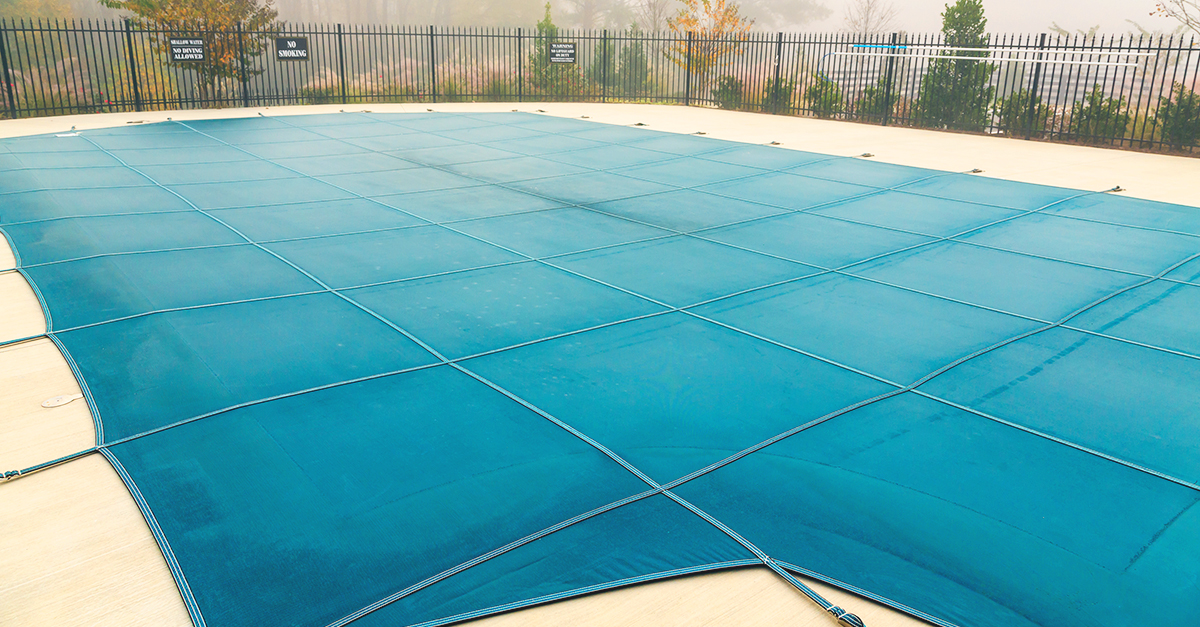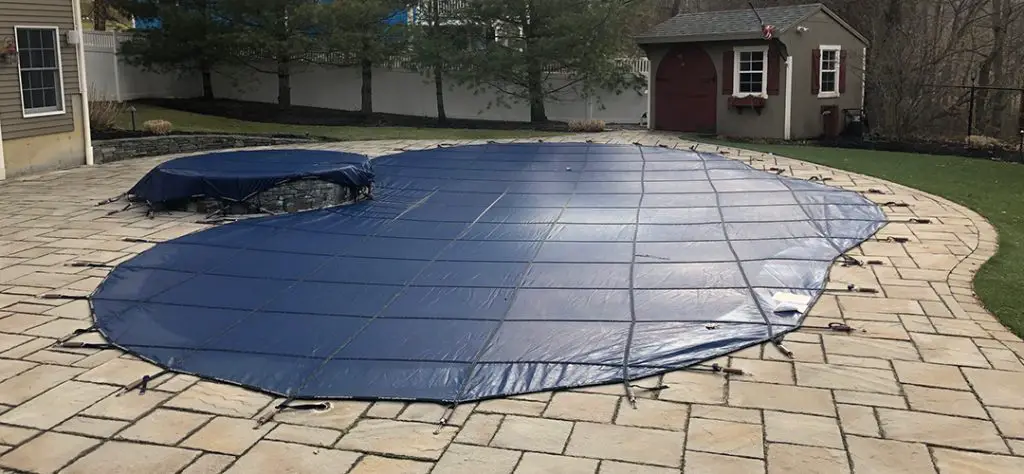As the cooler months approach, it’s essential to prepare your pool for the winter to protect it from damage and ensure a smooth reopening next season. Properly closing your pool involves several important steps to safeguard your investment. Below are some key tips on how to close a pool for the winter:
1. Clean and Balance the Water
Prior to closing your pool, it’s crucial to clean it thoroughly. Remove any debris, leaves, or dirt from the water using a net and vacuum. After cleaning, balance the pool water by adjusting the pH, alkalinity, and calcium hardness levels. This will help prevent corrosion and scale buildup during the winter months.
2. Lower the Water Level
Lower the water level in the pool to below the skimmer opening to prevent potential freezing and damage. It’s important to follow the manufacturer’s guidelines for your specific pool type to avoid any issues with the water level.
3. Winterize the Plumbing and Equipment
Properly winterizing the plumbing and equipment is essential to protect them from freezing temperatures. This involves draining all water from the pipes, filters, pumps, and heaters. You should also consider using winterizing plugs and antifreeze to ensure that no water remains in the system.
4. Clean and Store Pool Accessories
Before closing your pool, clean and store pool accessories such as ladders, diving boards, and inflatables. Properly cleaning and storing these items will help extend their lifespan and prevent damage during the winter months.

Credit: sevenseaspools.com
5. Cover the Pool
Invest in a high-quality pool cover that fits your pool perfectly. A well-fitted cover will prevent debris from entering the pool and minimize the need for maintenance during the winter. Additionally, it will act as a safety barrier, preventing accidents and keeping the pool secure.
6. Monitor the Pool During Winter
While the pool is closed for the winter, periodically check the cover and ensure it remains secure. If necessary, remove any accumulated snow or water from the cover to prevent damage. Regular monitoring will help address any issues promptly and prevent potential damage to the pool and cover.
7. Schedule Spring Opening Tasks
Prepare for the spring by scheduling the necessary tasks for reopening your pool. This may include acquiring the required chemicals, arranging for a professional pool inspection, and planning the maintenance and cleaning activities to ensure a smooth and timely reopening when the warmer weather arrives.

Credit: www.prestigepoolsandspas.com
Conclusion
Closing a pool for the winter is a crucial part of pool maintenance that can help protect your investment and ensure a trouble-free opening next season. By following the essential steps outlined above, you can safeguard your pool and equipment from potential damage during the colder months. Proper winterization will also save you time and money by reducing the need for extensive cleaning and repairs when you are ready to enjoy your pool again.




